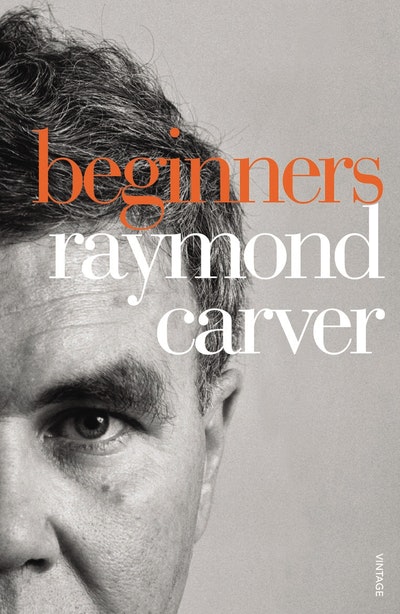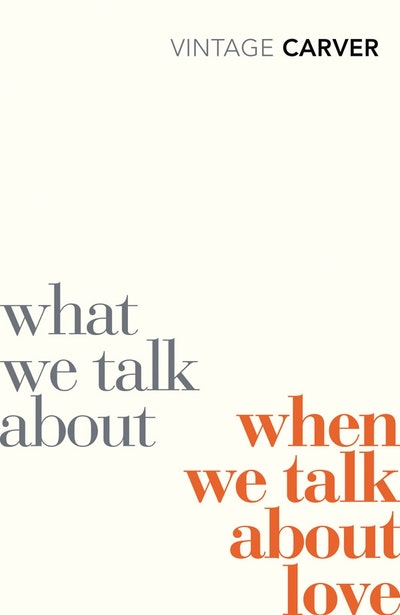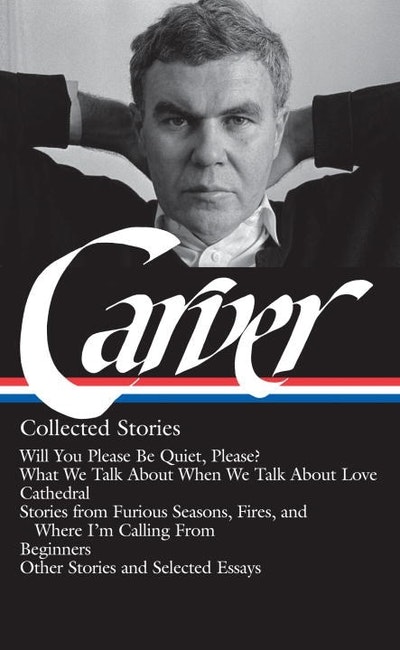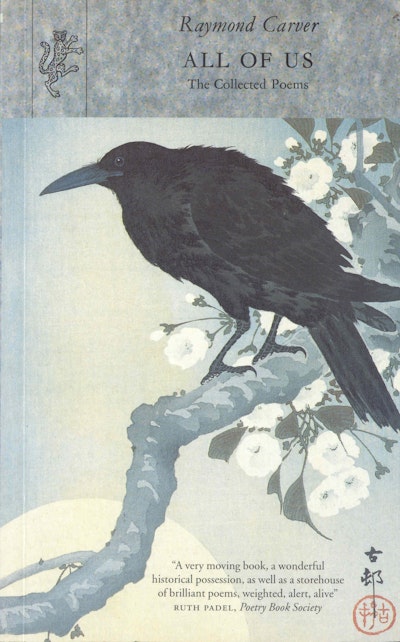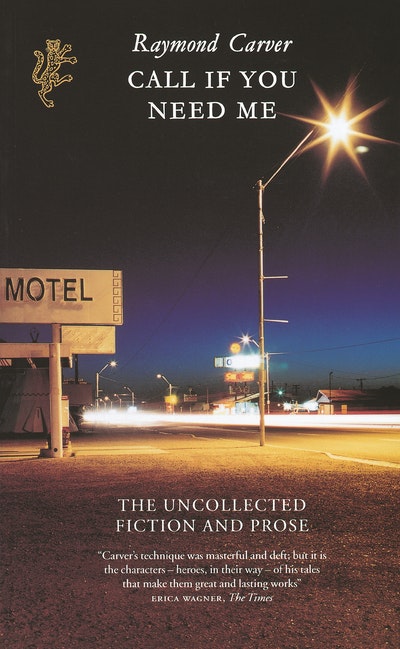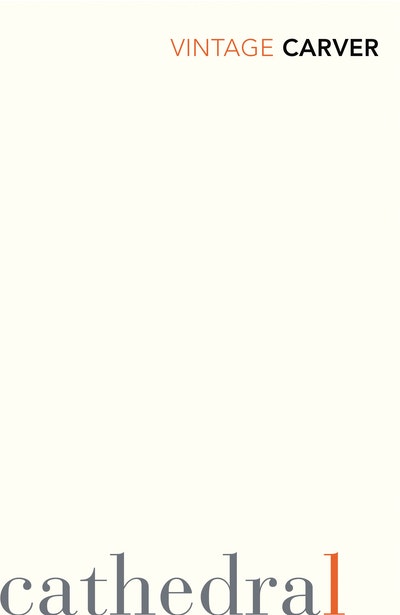- Published: 1 December 2010
- ISBN: 9780099540328
- Imprint: Vintage
- Format: Paperback
- Pages: 224
- RRP: $24.99
Beginners
- Published: 1 December 2010
- ISBN: 9780099540328
- Imprint: Vintage
- Format: Paperback
- Pages: 224
- RRP: $24.99
Beginners is unlikely to replace What We Talk About When We Talk About Love. Instead, it will be in dialogue with it, because the story has no end: there will always be afterthoughts
Sarah Churchwell, Guardian
Hopefully, thanks to Gallagher, every small, vital nuance, every moving observation, each choice of word as Carver wrote it, is there to be seen; that is why Carver cared enough to begin setting it right, and others have now finished the task
Eileen Battersby, Irish Times
An extraordinary book, more generous and rambling in tone than its distilled counterpart
Tim Adams, Observer
The most interesting book of the year
Sunday Telegraph
an extraordinary book, and probably the most influential story collection of the past 30 years
Tim Adams, Observer
a landmark book, full of surprises.
Telegraph
Lish may have helped put Carver on the map of the American short story, but the writer made himself its capital city.
Sunday Times
His style is fearsome: remorselessly spare and precise yet so sharply nuanced that the ordinary people he writes about are exposed in all their messy, emotional weakness...Pure pleasure to read on its own, it is also fascinating to compare against the Lish version.
Victoria Moore, Daily Mail
Here, for the first time, we can read the original versions. They are very good.
Michael Kerrigan, Scotsman
These vignettes remain tremendously distinctive and their characters' generally doomed attempts to keep their hope alive "in the world of men - where defeat and death are more the natural order of things" are wry and touching. Carver's landscapes of motels, "negroes" and "longhairs" are documents from another era, but they are grubby, flawed little gems that still fascinate.
James Smart, Guardian
The surprise is that despite Carver's well-earned reputation for spare, grainy prose that dipped into the hard-bitten lives of his characters, these stories have a richness of texture that complements Carver's austerity of tone. Lish seems to have flattened Carver's style, rather than sharpening it, and the tales in Beginners demonstrate just how great a writer Carver was
James Urquhart, Financial Times
